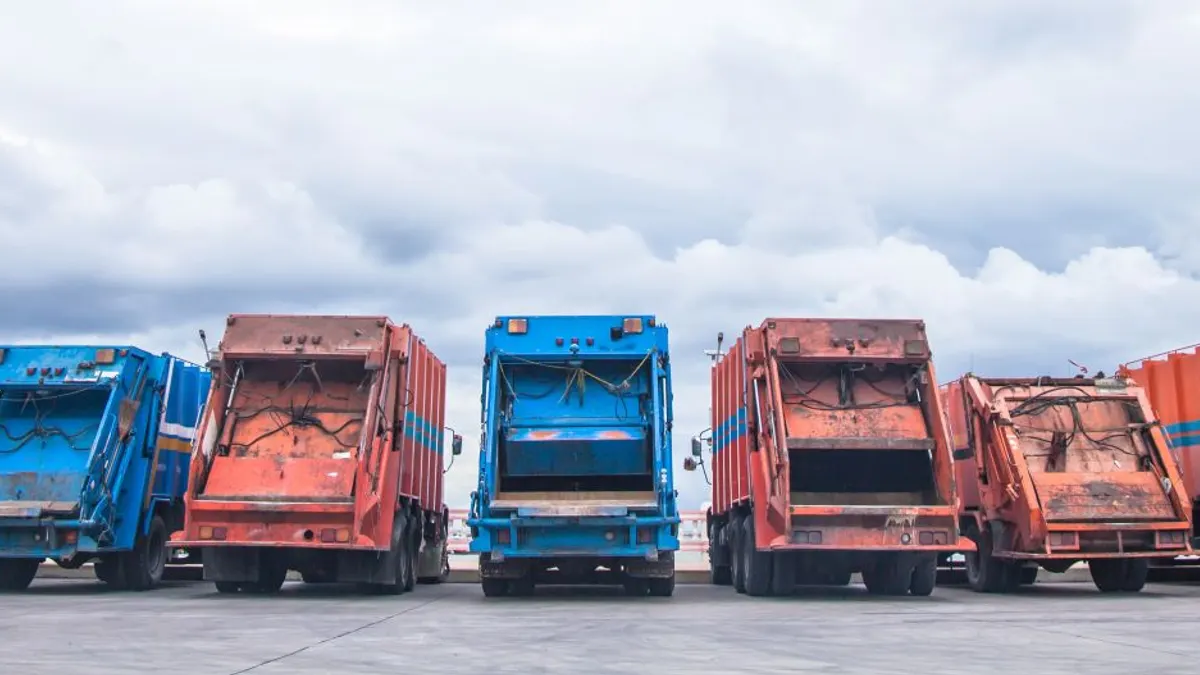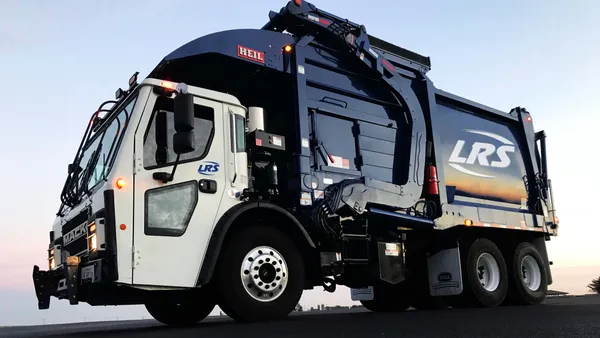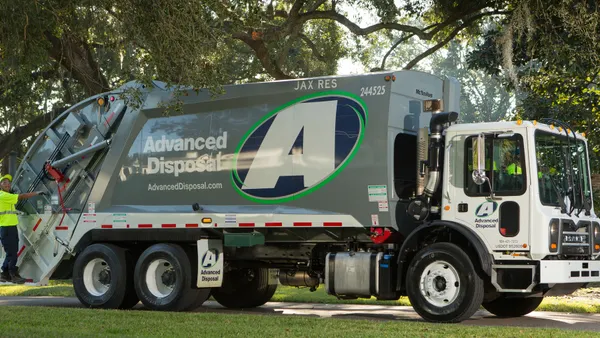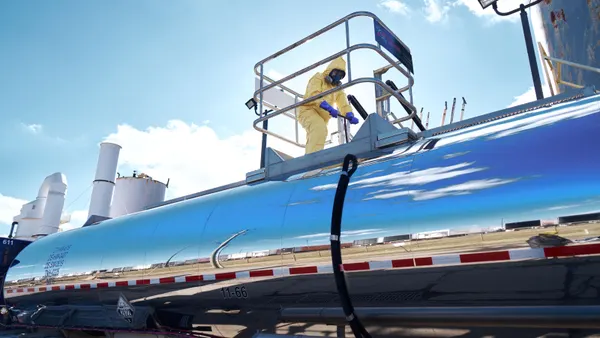Mergers and acquisitions in the waste sector are accelerating. While total deal values may not match prior peaks, deal volume remains strong, particularly for mid-sized tuck-ins and regional expansions. Private equity funds and infrastructure investors continue to view waste as a resilient sector with reliable cash flows.
That competitive backdrop puts added pressure on both buyers and sellers to get valuations right. Trucks and heavy equipment are often the largest line item in a transaction, but they’re also where the greatest hidden risks can lurk. Deferred maintenance, regulatory issues, or hidden repair costs can shift the economics of a deal overnight. That’s where independent inspections are proving their value.
Transparency that protects investment
In 2024, Custom Inspection Solutions (CIS) inspected more than 650 pieces of equipment during M&A projects. The results revealed a striking trend:
- More than half of the trucks inspected failed DOT requirements.
- Repair costs and deferred maintenance added up to $1.7 million across failed assets.
- The market value of those non-compliant trucks exceeded $46 million.
Consider this: Buying 20 used haulers for an average of $200,000 each may sound like a smart move. But if 25% of them need to be replaced within a year at $500,000 apiece, what looked like a strategic investment quickly becomes a painful miscalculation. Independent inspections help avoid those scenarios by surfacing risks before the deal is signed.
Beyond compliance: labor and time savings
Independent inspections also streamline due diligence. Instead of sending in internal teams for weeks of review, buyers and sellers can rely on third-party experts who deliver standardized reports, valuations, and DOT compliance checks on a tight timeline — including evenings and weekends. That efficiency frees management teams to focus on integration planning and strategic priorities.
Why it matters now
Several broader industry dynamics are making inspections especially critical in 2025 and beyond. Despite macroeconomic headwinds, mid-sized waste and recycling acquisitions remain steady. Private equity and infrastructure funds continue to pursue deals aggressively, which makes competition for attractive assets fierce — and mistakes more costly. At the same time, tariffs and supply chain pressures are driving up the costs of chassis, truck bodies, and components. Replacements have not only become more expensive but also harder to source, meaning that knowing which assets are nearing the end of their usable life is essential to avoid sudden capital spikes after a transaction.
Tax policy is another factor shaping deal decisions. Recent changes now allow companies to deduct the full cost of eligible capital equipment in the year of purchase. While this bonus depreciation encourages faster investment in fleets, it also raises the stakes for deciding whether to repair or replace existing assets.
Finally, valuation pressure is intensifying. Demand for high-quality “A” assets continues to push prices upward, and buyers need independent inspections to separate fleets that truly justify a premium from those hiding compliance issues or deferred maintenance.
Independent inspections provide:
- Objective valuations that remove emotion from negotiations.
- Actionable data on repair costs and deferred maintenance.
- Regulatory assurance through DOT compliance audits.
- Confidence for lenders and investors underwriting the deal.
The bottom line
Waste executives and their financial partners can’t afford blind spots in today’s competitive M&A landscape. Independent inspections and valuations turn uncertainty into clarity, protecting capital and ensuring smoother transactions.
As deal activity continues through 2025 and beyond, more companies are viewing third-party inspections not as a cost, but as a necessary investment in protecting long-term value. To learn more about reducing your risk, visit www.custom-inspection-solutions.com.










